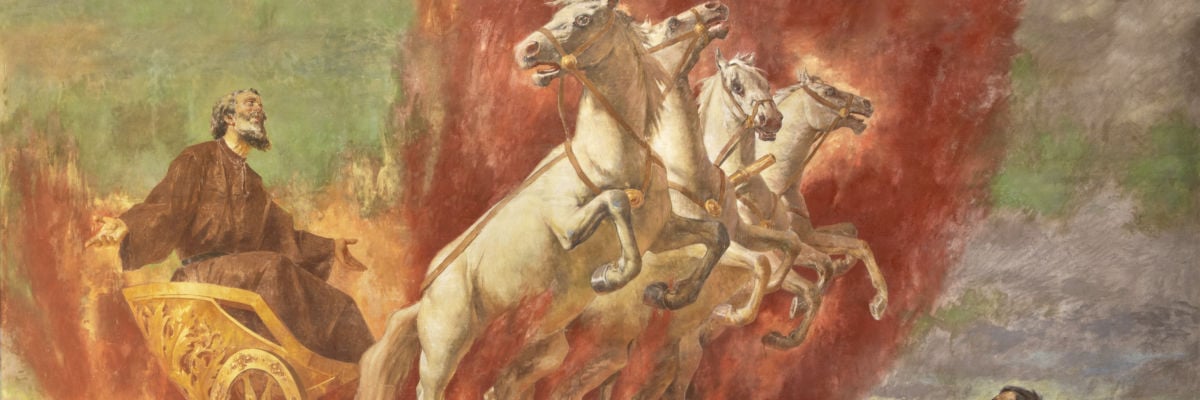
Anyone off the street can claim to be a prophet and make predictions. So how do we know Moses, Isaiah, Jeremiah, and the rest of the prophets in the Bible weren’t just making things up? Jimmy Akin explains how we sort the real ones from the fakes.
Transcript:
Caller: How do we know the prophets weren’t lying? How do we know that they actually were prophets and they weren’t just saying, you know, like making it up?
Jimmy Akin: So, in a variety of ways. Number one, the prophets that are honored as prophets in scripture made true predictions that go beyond random chants. And in fact, making true predictions was one of the criteria for identifying prophets.
At one point in the book of Deuteronomy, God is talking to the Israelites about how they’re not to use the ancient equivalent of mediums to conjure up the dead, mediums and sorcerers, and that’s not how they’re going to get their information. They’re going to get their information instead when God raises up a prophet, like Moses, and announces his word to them.
And then there’s a discussion of, well, suppose you say “How will we know when a prophet is of the Lord, when he’s really giving us God’s word?” And God gives them two tests. The first test is a doctrinal test. So one of the things that God has revealed is that you’re not to worship any other gods. You’re Israelites, He’s made a covenant with you, you’re only going to worship the God of Israel. And so if a prophet, someone holding himself out to be a prophet, says “Let’s go worship other gods,” well, that’s in conflict with what God has already revealed, and so you know He’s not giving you the word of God, he’s just giving you his own ideas. He’s got false religious ideas and so you don’t listen to that guy.
The second test dealt with “Well, how do you know he’s not just making it up? How do you know he’s saying something that’s doctrinally orthodox but it’s just his imagination or he’s hoaxing or something like that?” And the answer there is: a prophet would appoint a sign, meaning he would make a prediction that couldn’t be expected naturally to come true. Now if you make certain predictions like “We’re gonna have the sun rise tomorrow,” or “It’s gonna rain during the rainy season,” those are predictions anybody could make. So in order for it to constitute a sign from God, it would need to be a prediction that goes well beyond what reason would allow you to predict, and even beyond what random chance would allow you to predict. And the prophets that did that got a reputation for making predictions that they couldn’t have naturally known, and that would point to them at being in touch with a supernatural source of information. And if they then passed the doctrinal test, so they weren’t teaching you something in conflict with what God had already revealed, that would serve as evidence that they were indeed genuine prophets of God. So that’s how people, at the time that the prophets were ministering, would recognize a genuine prophet.
We also have later confirmation of this, because Jesus is proved to be the Son of God and the messiah by his resurrection from the dead, which we have very good evidence for apologetically, and Jesus regarded these figures as genuine prophets. And so since we can trust Jesus, we can trust those prophets.



